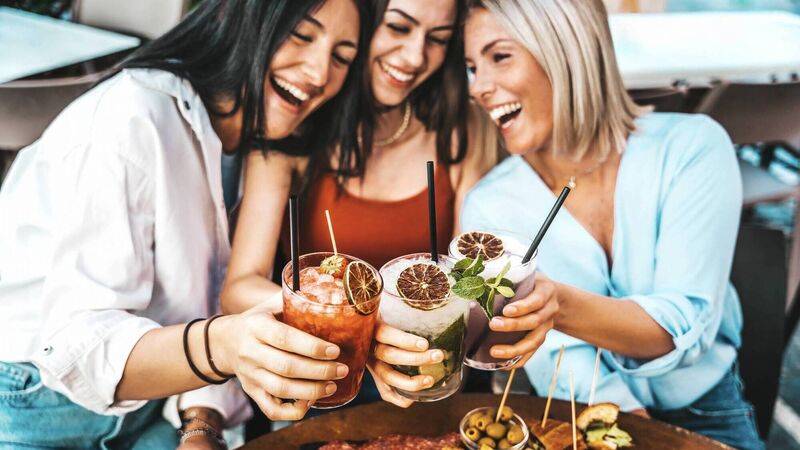Sober curious: Why more people are choosing to live alcohol-free lives

The choice of non-alcoholic drinks has exploded in recent years, both in quality and range. Picture: iStock
Try from €1.50 / week
SUBSCRIBEThere was a time when declaring you weren’t drinking on a night out meant people assumed you were driving, on antibiotics, or pregnant.
Nowadays, it’s not only a socially acceptable choice, but an increasingly popular one. Why are so many people choosing to give up drinking and embrace alcohol-free living?
Already a subscriber? Sign in
You have reached your article limit.
Annual €130 €80
Best value
Monthly €12€6 / month
Introductory offers for new customers. Annual billed once for first year. Renews at €130. Monthly initial discount (first 3 months) billed monthly, then €12 a month. Ts&Cs apply.
CONNECT WITH US TODAY
Be the first to know the latest news and updates
Newsletter
The best food, health, entertainment and lifestyle content from the Irish Examiner, direct to your inbox.
Newsletter
The best food, health, entertainment and lifestyle content from the Irish Examiner, direct to your inbox.
© Examiner Echo Group Limited